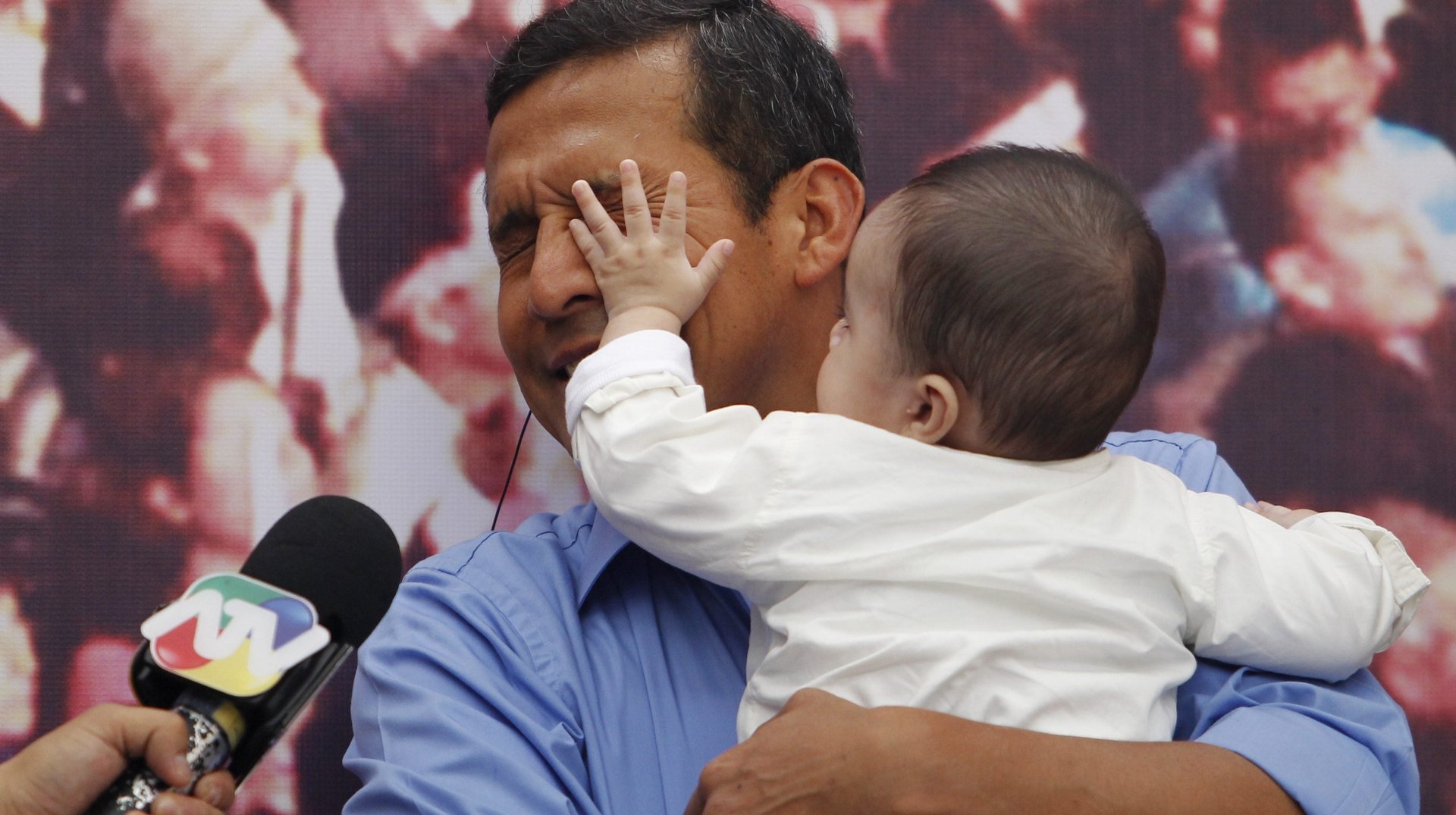The US lags the world in parental leave—but one in seven Americans thinks that dads don’t need it
At least 180 countries (pdf) globally offer some form of mandatory paid time off for mothers after giving birth—and many provide time off for both parents. But the US, home to much workplace innovation and attempts to improve employee wellness, still does not mandate paid parental leave—one of the many measures where it lags most developing countries.


At least 180 countries (pdf) globally offer some form of mandatory paid time off for mothers after giving birth—and many provide time off for both parents. But the US, home to much workplace innovation and attempts to improve employee wellness, still does not mandate paid parental leave—one of the many measures where it lags most developing countries.
And it seems that many Americans don’t seem to think paid parental leave is important, at least for fathers.
One in seven Americans (15%) say that men should not be able to take paternity leave at all, paid or unpaid, according to a new study by Pew Research. And about 3% of Americans think that even women should not be able to take any type of maternity leave, paid or unpaid.
Views on paternity leave are split along party lines. Republicans and Republican-leaning independents are more likely to think paternity leave is unnecessary. One in four (26%) Republicans, who described their political views as conservative, said that men should not be able to any time off, as compared to 13% of moderate or liberal Republicans, 11% of moderate or conservative Democrats, and 9% of liberal Democrats.
Older adults who are past the typical child-rearing age, especially older men, are the least sympathetic to the need for fathers to take time off from work after the birth or adoption of a child. In fact, 28% of Americans ages 65 and older— and 36% of men of this age— say fathers should not take paternity leave.
This is compared to 16% of Americans aged 50-64, 10% those 30-49, and 9% of those 18-29.
As it stands, American men typically take one week of work after the birth or adoption of a child, while women take 11 weeks.
Though, things might be be changing soon. At the urging of his daughter, president Donald Trump included a maternity-leave plan in his campaign platform and held discussions about women in the workforce with Canadian prime minister Justin Trudeau.
There are two bills tackling parental leave in Congress and activists have also been fighting at the state level.